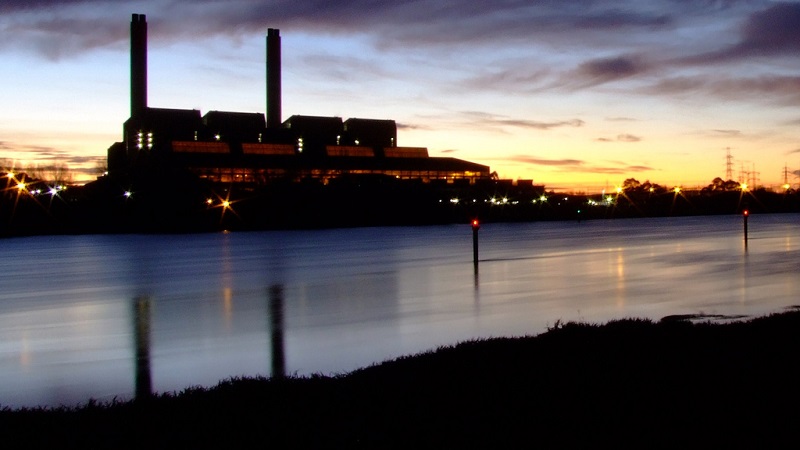South Africa’s Finance Minister Pravin Gordhan was issued with a summons to appear in court over fraud charges earlier this week, but the leader of the Deomcratic Alliance has suggested that the real motivation is simple: it’s about the much discussed procurement process for 9.6GW of new nuclear reactors.
Gordhan has been very vocal in the past regarding the nuclear build: he refused to sign a treasury guarantee to underwrite the programme and has consistently acted to slow down the process of procurement while further financial investigations are carried out.
Are the summons and nuclear deal linked? Democratic Alliance (DA) leader Mmusi Maimane said on Twitter that a Russian nuclear delegation that is supposedly to visit South Africa this week. The government has been very adamant in the past that no deal with the Russians have been signed, but he thinks there’s something suspicious about the timing.
We are reliably informed that there is high powered Russian delegation in SA this week 2sign Nuclear deal,explains why #Pravin must go quick
— Mmusi Maimane (@MmusiMaimane) October 13, 2016
Of course, Maimane could just be stirring trouble – there’s no official confirmation of this delegation – but if he’s right experts are worried.
“If such a visit is on the cards, then the timing of Gordhan’s charges is not only deeply cynical, but a gross violation of the most basic standards of governance. If this is true, then Eskom is so deeply enmeshed in state capture, that one cannot accept any of its bona fides when it makes pronouncements in the country’s energy future,” said Arthur Goldstuck, Managing Director of World Wide Worx.
Another fact that can’t be ignored, is that Eskom’s Brian Molefe said in May that renewable energy is just too expensive to effectively sustain South Africa. Molefe said at the time that Eskom won’t be signing any new agreements with Independent Power Producers (IPP).
This too, could be linked to the proposed nuclear deal. “If one is really in favour of a green economy, one would actually support nuclear,” he told the Sunday Times.
Eskom repeated this standpoint in a statement issued this week in which it backed coal and nuclear power sources and wouldn’t be investing further in renewables. explained that it becomes too expensive for Eskom to purchase power from IPPs by giving an example that Eskom has to pay for 2 000 megawatts from a 2 000 megawatt plant, even if it just received 600 megawatts from it.
According to him, there is also the issue that renewable energy like solar power can only output energy during the day, and South Africa needs more power at night. New plants in South Africa, however, have been built using various techniques like concentrating solar power (CSP) to store energy.
“The renewable load is not available when needed the most during peak hours. For as long as this is the case, South Africa requires a base-load solution in its energy mix,” he said.
The Rand Daily Mail crunched some numbers regarding the cost of nuclear versus renewable energy, and it quickly becomes clear that Molefe’s thinking that renewable energy costs between R2/kWh and R6/kWh is slightly flawed.
According to the CSIR’s Energy Centre, a new nuclear plant will supply energy at a cost of at least R1/kWh (probably more), and a new coal power station will supply power of at least R0.80/kWh. But wind power is R0.60/kWh and solar power is R0.80/kWh.
Venture capitalist and former FNB CEO Michael Jordaan also recently said that that price of solar power has dropped 99.5% since 1977, and Eskom bases its “too expensive” argument on past prices.
Goldstuck explained: “Eskom also tends to base its pricing argument on historical costs, which means that it is not taking into account the continual drop in cost of solar power. It appears to have become a political issue rather than one of energy availability, sustainability, environmental issues or cost.”
He added that even if renewable energy costs higher than coal-generated power for the next decade, it would still only add a fraction of the cost that the nuclear deal would impose on the country.
“There may be a higher cost for solar-generated power, but that will come down steadily. It is very clear that there is a massive disconnect between the cost and immediate benefits of solar power and existing investments on the one hand, and the massive and ruinous cost of nuclear power based on far future benefits on the other hand.”

